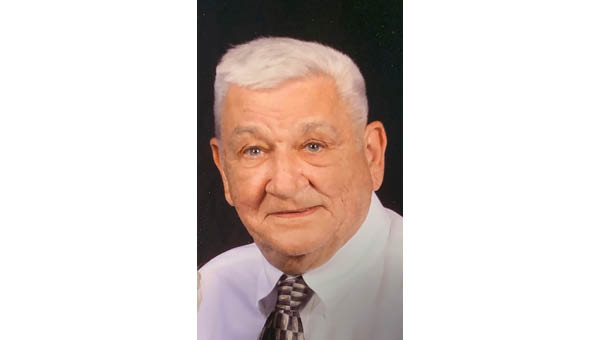Until summer heat subsides, stay cool and hydrated
Published 3:00 pm Tuesday, June 24, 2025
|
Getting your Trinity Audio player ready...
|
Much of the Eastern and Southern United States is wrapped in a dangerous heat wave, which is expected to keep Tennessee sweltering this week. High temperatures are expected to soar into the 90s and low 100s through Wednesday, while humidity will push heat indexes to near 110 degrees in much of the East.
Around 150 million people were under heat alerts Monday, according to the National Weather Service. It feels more like July, summer’s hottest month, than June for many locations, as temperatures rise 15 to 20 degrees above normal.
A level 4-of-4 extreme heat risk is in place through at least Thursday, stretching from the Midwest to the Mid-Atlantic and including some parts of the Northeast. This long-lasting heat is rare and will likely offer little to no overnight relief, the NWS cautions.
Heat-related illnesses increase significantly during extreme heat and can be life-threatening, especially for children, the elderly and people with pre-existing health conditions.
Heat remains the deadliest form of extreme weather in the U.S., and the frequency and longevity of extreme heat waves are on the rise in recent years due to human-caused climate change.
Luckily, we in the Northeast Tennessee area have not experienced any power outages amid the dangerous heat. Other parts of the country, including Ohio, Pennsylvania, New York and New Jersey, have experienced power outages.
TVA said earlier this week it is ready to face the challenges that summer brings to the area. “We don’t wait until temperatures start rising outside to ensure our units are ready for summer,” Allen Clare, a senior TVA vice president, said. “Our employees have been working for months to identify and execute close to 500 preventative maintenance activities on key equipment.”
Forecasters say this early season event is likely just a snippet of what’s to come.
For nearly the entire Lower 48 — excluding parts of Arizona, New Mexico and West Texas — the warmest days typically occur in July or August. Plus, a hotter-than-normal summer is expected for the entire Lower 48, according to forecasts from the Climate Prediction Center.
Staying cool and hydrating are the two most important things you can do to avoid feeling sick and discomfort when it’s extremely hot. Also, seek shaded areas and take frequent breaks in cool or air-conditioned spaces. If working outside or engaging in vigorous exercise, pace yourself and listen to your body’s signals.
Other ways to deal with excessive heat in summer are to (1) wear loose, lightweight, light-colored clothing; (2) use your oven less to help reduce the temperature in your home; (3) if you’re outside, find shade; (4) drink plenty of fluids to stay hydrated; and (5) avoid high-energy activities or work outdoors during mid-heat, if possible.
It’s best to avoid going out during the hottest hours of the day, but sometimes that can’t be avoided. When out in direct sunlight, remember: Heat escapes through the skin, which is the largest organ in the body. So, the more skin you can cool down, the better. You can quickly cool yourself down by putting your hands and feet in cold water. Wrists and ankles have lots of pulse points where blood vessels are close to the skin, so you will cool down more quickly.
We cannot stress enough the need to stay hydrated in hot weather. It’s important to avoid caffeine and make sure you’re drinking lots of water. If possible, drink isotonic sports drinks to replenish the lost salts, sugars and fluids.
Both cool and hot drinks will work to keep your core temperature at the same temperature. Consuming hot drinks will not cool you down more effectively than cold drinks. In the heat, you should avoid drinks containing caffeine, including tea and coffee. It’s typically best to stick to water.
As you sweat throughout the day, the liquids you are losing need to be replaced to avoid dehydration.
Symptoms of dehydration include:
– a dry mouth
– dizziness or confusion
– headaches
If untreated, dehydration can lead to heat exhaustion. If the person’s condition gets worse, you should call 999 for emergency help.
One last thing: Do not leave children and elderly people in hot cars. Heat can kill these vulnerable people.
Until the heat subsides, stay cool and drink plenty of water.





